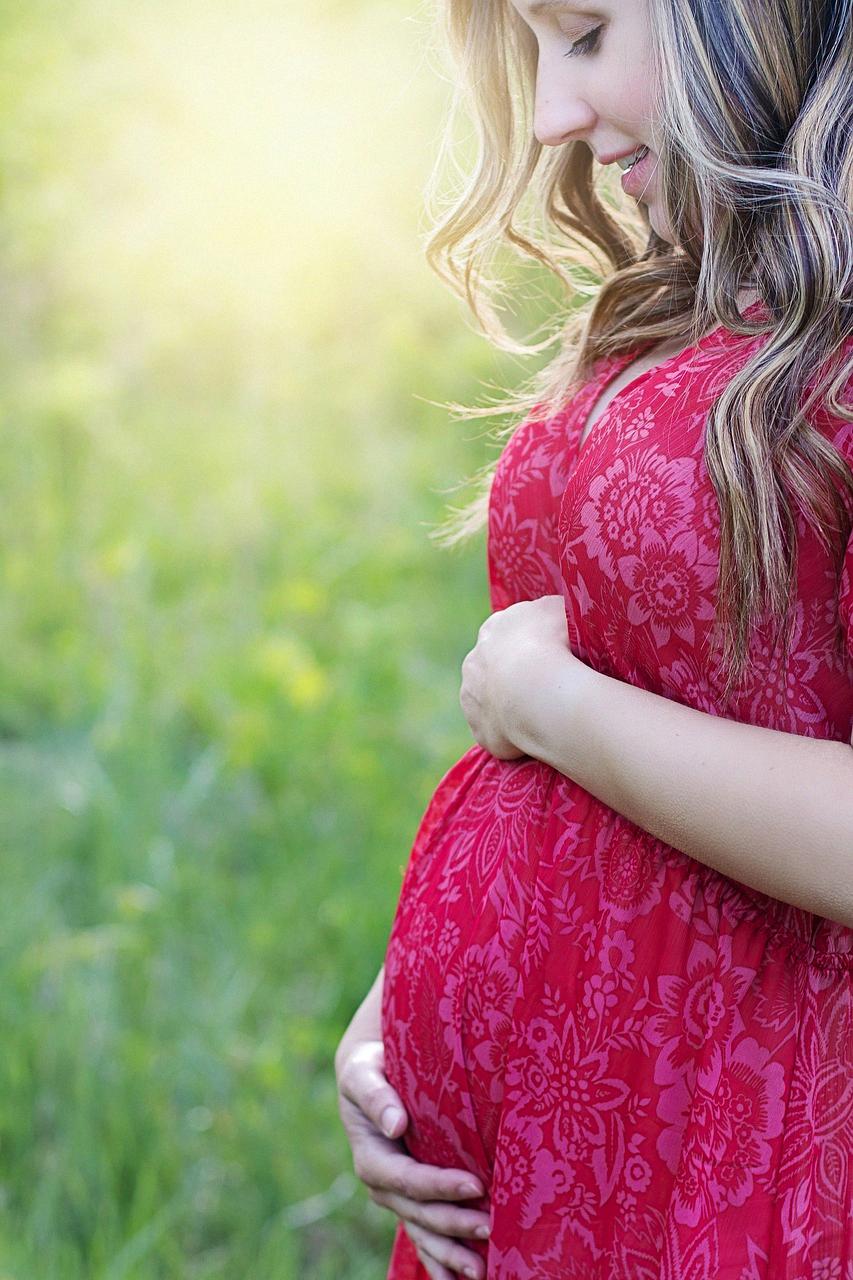One of the lesser-known aspects of early pregnancy is the impact it can have on your breathing. If you’ve noticed that your breathing feels a bit strange or different than usual, you’re not alone. Many pregnant individuals experience changes in their breathing patterns during the early stages of pregnancy.
The Role of Progesterone in Altered Breathing
One key factor that contributes to this phenomenon is the increase in progesterone levels in your body. Progesterone is a hormone that plays a crucial role in maintaining a healthy pregnancy, but it can also affect your respiratory system. As progesterone levels rise, it stimulates the brain to increase your breathing rate, leading you to take in more air with each breath.
Deep Breathing and Increased Oxygen Intake
As a result of the higher progesterone levels, you may find yourself taking deeper breaths more frequently. This deeper breathing pattern is actually a natural response to the increased oxygen demands of your body and your growing baby. While it may feel a bit strange or even uncomfortable at times, it’s an essential part of ensuring that you and your baby are getting an adequate oxygen supply.
Increased Lung Capacity
During pregnancy, your body undergoes a series of changes to accommodate the needs of your developing baby. One of these changes includes an increase in lung capacity to allow for more efficient oxygen exchange. This enhanced lung function can lead to a sensation of breathing more deeply or heavily than usual, which can sometimes be mistaken for shortness of breath.
Physical Changes and Pressure on the Diaphragm
As your pregnancy progresses, the growing uterus puts pressure on your diaphragm, the muscle responsible for controlling your breathing. This pressure can make it more challenging for the diaphragm to contract and expand fully, leading to a feeling of breathlessness or discomfort when breathing deeply.
Changes in Blood Volume and Circulation
Another factor that can influence your breathing during early pregnancy is the increase in blood volume and circulation. To support the needs of your growing baby, your body produces more blood, which in turn places additional demands on your heart and lungs. This increased blood flow can result in a sensation of being slightly out of breath or having to work harder to breathe.
Emotional and Psychological Factors
It’s essential to recognize that the changes in your breathing during early pregnancy are not solely physical. Pregnancy can also bring about a range of emotional and psychological changes that may impact your breathing patterns. Feelings of anxiety, stress, or excitement can all lead to alterations in your breathing, further contributing to the sensation of breathing weirdness.
Importance of Proper Breathing Techniques
While the changes in your breathing during early pregnancy are typically normal and temporary, it’s crucial to pay attention to your breathing patterns and practice proper techniques to ensure adequate oxygen intake. Simple exercises such as diaphragmatic breathing or deep breathing can help improve lung function and alleviate any discomfort you may be experiencing.
When to Consult Your Healthcare Provider
If you’re experiencing severe shortness of breath, chest pain, rapid breathing, or any other concerning symptoms related to your breathing, it’s important to seek medical advice promptly. These symptoms could be indicative of more serious underlying issues that require evaluation and treatment by a healthcare provider.
Conclusion
In conclusion, the feeling of weirdness in your breathing during early pregnancy is a common occurrence that can be attributed to various physiological and hormonal changes taking place in your body. By understanding the factors influencing your breathing patterns and practicing proper breathing techniques, you can navigate this aspect of pregnancy with greater ease and comfort.

